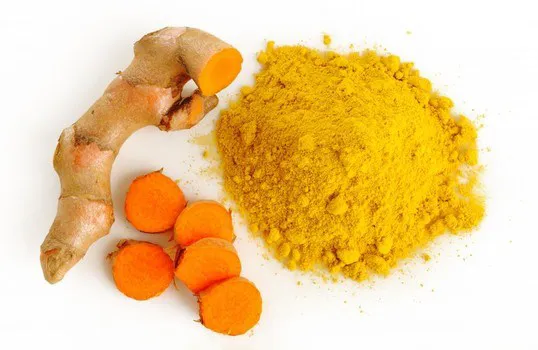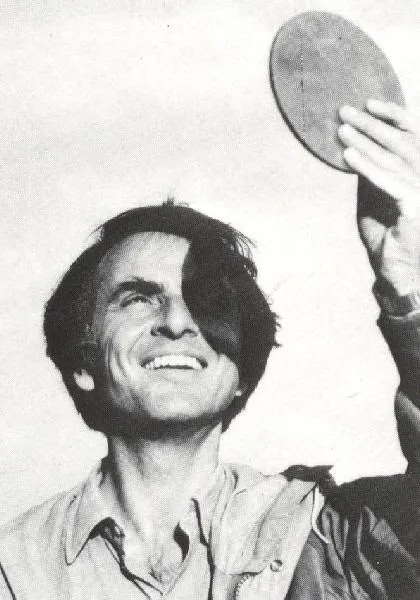Education & Critical thinking
Kelly Price - 1st February 2020
As a secondary school history teacher, I’m about to embark on the altogether outrageous exercise of asserting that science education in New Zealand needs a fundamental rethink. That the blatant misuse and mistrust of science evidenced across society must be dealt with by a more dynamic and comprehensive approach to science in the classroom.
You would be right to question my suitability in making this bold proposition. Afterall, in education, and secondary education in particular, one simply must keep their commentary, and indeed criticism, in their own ‘lane’. But I’d like to share with you my own journey towards skepticism, and then unpack what this teaches us, not only about education as a whole, but science education most specifically.
I’ve experienced two major health events in my life, one related to a rare back condition, and the other surrounding a problem with my liver. Throughout these experiences, many well meaning people offered me, in abundance, health advice. At the tender age of 22 (some 17 years ago now) as a result of my back condition, I embarked on a personal journey of investigation to understand what interventions would actually aid my health. I’m going to share with you now one such example. My aim is to discuss with you the types of approaches that need to be adopted in order to bring about greater scientific literacy and ultimately tackle issues around misinformation and it’s all too insidious sidekick, pseudoscience.
My back surgery was a 14 hour ordeal followed by a 2 year recovery period. During this time, many people espoused the virtues of turmeric, often explaining that it had been used for centuries and would be far better for me than the heavy pain killers I was being prescribed. I decided to investigate the veracity of these claims. I started by looking into the corruption of ‘big pharma’, but I also investigated the alternative medicine industry, learning that it too is driven by a profit motive. I spoke with my doctors on numerous occasions, and sought to challenge them with some of the studies I had read that indicated turmeric (or more specifically its active ingredient curcumin) had anti-inflammatory and pain relief qualities. They helped me establish what it means to be an expert and how expertise is different from authority. I learned that the scientific method, scientific thinking, and scientific knowledge are far more complex than the step by step methodology I learned in a science classroom. I would develop an understanding of the difference between efficacy trials, double blind trials, and, importantly for my understanding of turmeric and pseudoscience, the placebo effect. I looked at how scientists deal with evidence, and how they seek to validate evidence through replication. I read Kuhn’s work on the degree to which social, political and cultural contexts influence science. I then ventured into David Hume’s ‘Problem of Induction’ and learned that science doesn’t deal in certainty, rather it deals in confidence, systematicity, and the ‘weight of evidence’. Importantly for my developing knowledge of turmeric, I would learn about pharmacokinetics (how medications actually respond and circulate in the body – Steven Novella’s efforts at explaining this on his Science Based Medicine website is truly excellent) and whether or not turmeric has the features required to be a useful medicine. I would come to accept that despite gaining positive results in a petri dish across thousands of preclinical studies, turmeric fundamentally lacks several of the properties needed to be a helpful drug. It would need to be sufficiently absorbed, and be biologically stable so that the active ingredients had a usable shelf life. It would also need to be able to reach the area of the body in question in sufficient quantities to be effective. Those effects would have to be tolerable to the body without toxic side effects. I came to understand that those who experienced success with turmeric were likely to have been within the placebo effect threshold.
Importantly though, what I did not do, was conduct my own scientific experiments to determine if turmeric would be useful. I had no way of realistically generating this knowledge myself. It occurred to me that, in my quest to understand the science of turmeric, I had used almost none of the science I had learned at school.

Turmeric root and powder
This is an important point, and central to my contention that there is a need to change our approach to science education.
The average person, having graduated high school, attempting to learn scientifically relevant information as an adult, cannot conduct their own comprehensive scientific experiments on climate change, vaccines, echinacea, or the effectiveness of Vitamin C in fighting cancer. What people do as they progress their understanding of a given question or topic is interpret ‘knowledge’ that has been developed by others, usually online. It is this interpretation of the knowledge of others that is the crux of the problem I am identifying here.
What is needed as part of the critical thinking repertoire of our science students are skills in what I’m calling ‘knowledge discernment’. Scientific literacy and the capacity for knowledge discernment go hand in hand: one cannot be achieved without the other. If scientific literacy is an important goal, (and frankly, both the OECD and the Ministry of Education here in New Zealand identify it as the primary aim of science education) then a key aspect of school science education must be to unpack how it is that scientific knowledge is constituted, developed, contributed to, tested, countered and, where necessary, replaced. In other words, science needs to be investigated at the macro level; how it operates as a set of ideas. Science as a way of ‘knowing’.
Classroom teachers of science often have a static view of science, as a fixed body of facts to be covered. Things like observing, inferring, predicting, classifying, controlling variables, experimenting, and using data dominate the learning. These skills are undeniably important in science, and I do not seek to dispute their value. However, it is not inherently obvious to me how these micro skills help develop one’s scientific literacy. I want to argue here that this representation of science is contributing to the rise of misinformation.
Teaching skills in knowledge discernment must start to influence science education meaningfully. The ability to distinguish valid and reliable knowledge from false or inaccurate information is central to scientific literacy. In addition, it is no longer enough to look at what science is, we must also investigate in our classrooms what science is not.
Let’s come at this from another angle to see if we can deepen the rationale for developing skills in knowledge discernment.
Prior to the digital age, the filtering systems that would determine reliable information were more formalised and embedded in schooling and academia. In this process, a type of ‘rite of passage’ existed whereby someone would have to prove themselves worthy before they could be deemed knowledgeable. A person might get a degree, publish research or win an award for example. Nonetheless, a vetting process existed and this ensured knowledge’s quality was somewhat maintained (the 2011 book ‘Too Big to Know’ by David Weinberger outlines a great argument around the history of how knowledge has been valued).
The problem we now face is that this traditional process has been superseded. The digital age requires us all to have a new filtering system. As of 2015, 2.5 quintillion bytes of new data was added online every day, equivalent to 5 trillion books every 24 hours. This raises the question – how much refinement, editing, reflection and testing has this material been through before it has become publicly available? In a Stanford University 2016 study on how well students interpret information they find online, the results were grim. Of the 7800 students surveyed, between 80 and 90% of middle schoolers in America could not determine what sponsored content on the internet looked like, or where they might find it.
My fundamental conclusion is this; there must be a new filtering system for this abundant information (and indeed misinformation) and that filter must be operated by the person engaging with that material. I assert that education is realistically the only viable mechanism available to society to ensure that the population acquires the ability to appropriately interrogate the information they come across. My profession has been slow to adapt to information abundance in the digital age. As a result the dangerous assertions that Carl Sagan made in 1997 when he suggested that society’s increasing mistrust in science would see the world slide backwards into superstition and darkness, are looking alarmingly prophetic.
